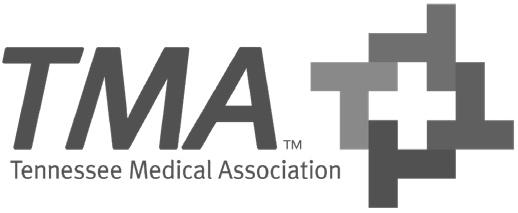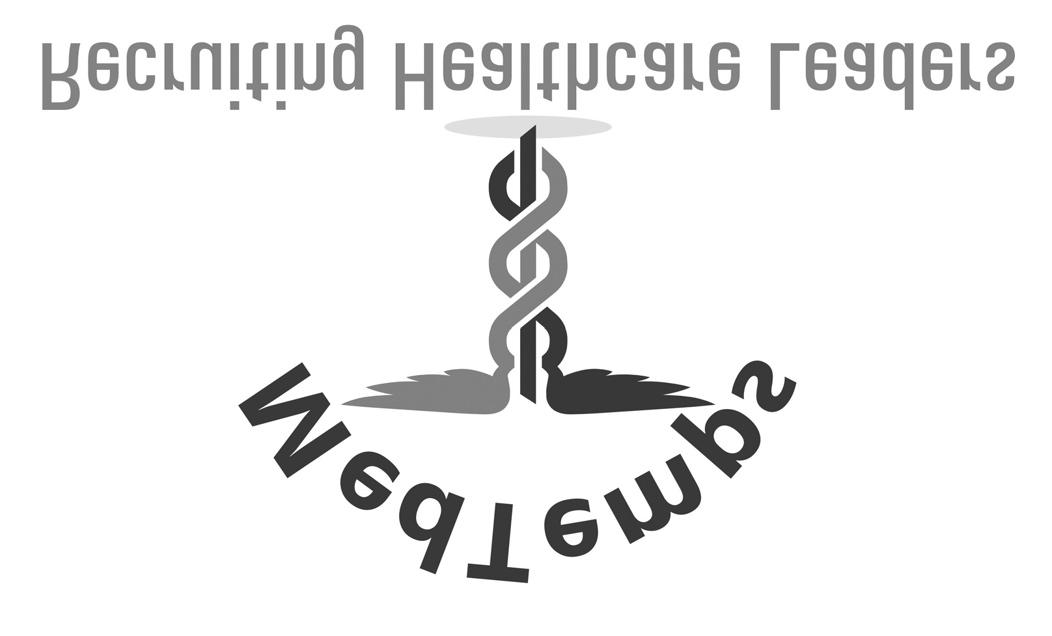
2 minute read
Financial Q&A
Winter 2019-2020 21 A. Organizing your tax records and paperwork is a strategy that often gets overlooked or ignored. If you need help in this area, I suggest you start by getting a copy of last year’s tax return. You will need to review it and create a checklist of all pertinent facts. Common items include the following: personal information, income and investment records, self-employment and business documents, medical expense and charitable donation summaries, and homeownership statements. Collect all the current information you have and start acquiring missing data when possible. Try to avoid exhaustive searches for lost items. Replacement statements are usually easily accessible on the web. Implementing an organized filing system is always a good idea, but don’t make this a stressful chore. It is more important to keep your process simple, safe, and easy to access. Your diligence will pay off when it comes time to prepare a return. In addition, consider the list below for applicable tax planning strategies. • Take advantage of the 2020 annual gift tax exclusion of $15,000 per person. • Contribute the maximum amount to your retirement plans. Employee contributions to 401(k) plans and defined contribution plans have a December 31st deadline. IRA contributions for the previous tax year can be made up to the April 15 tax filing deadline. • Contribute to a 529 Plan or Education Savings Account. Plans offer tax-deferred growth and tax-free withdrawals of qualified education expenses. • Defer or accelerate income and expenses. • Gift appreciated property but sell property for a loss. • Maximize the itemized deduction benefit through additional charitable gifts. • Tax loss harvesting - sell investments with a loss to offset and or reduce gains from the winners. • Pay attention to mutual fund dividend distribution dates in taxable accounts. A fund dividend paid after a purchase is taxable to you in the current year. • Take required minimum distributions (RMDs) by the current year deadline (December 31st). • Consider a Qualified Charitable Deduction for a scheduled RMD. • Consider a Health Savings Account (HSA) if you participate in a high deductible health insurance plan. Allows pre-tax savings to pay for qualified medical expenses. • Review all beneficiary designations and update if needed. A review of your W-4 is also a good practice to make sure you are withholding enough tax from your pay. The IRS offers a withholding estimator on their website that can potentially help you avoid a surprise tax bill. Tax planning can be a challenging and stressful exercise, so consult a tax advisor for specific questions and recommendations based on your individual situation. Financial Q&A Protecting your investment portfolio Finance Q Q. I am a financial procrastinator and it seems I am always stressed trying to get my act together for tax season. I want to avoid the end of the year stress by working on my tax planning all year long. What tax planning strategies do you recommend?
William B. Howard, Jr., ChFC, CFP International Place II 6410 Poplar Ave., Suite 330 Memphis, TN 38119 Telephone: (901) 761-5068 Facsimile: (901) 761-2217 E-mail:whoward@whcfa.com
Advertisement









